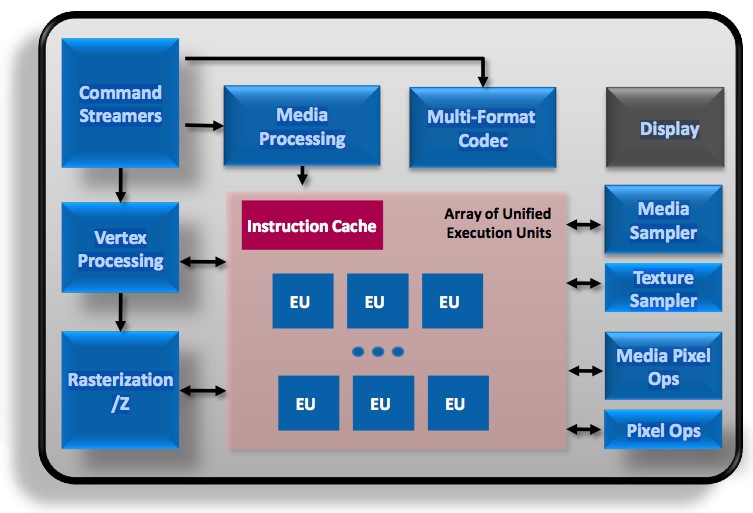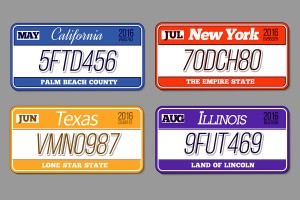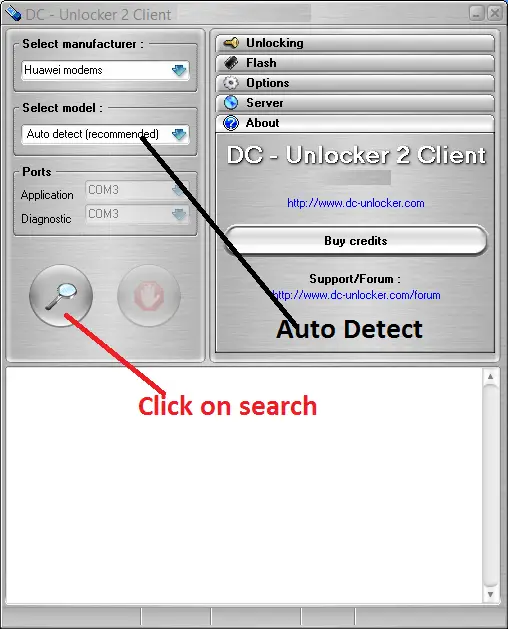Nslu2 Software Download
Linksys NSLU2 Network Storage Link
The Linksys NSLU2 Network Storage Link functions as an adapter for your network, letting you connect and remove USB flash and hard drives as needed. It works with a variety of off-the-shelf USB hard drives and flash memory keys, but unfortunately, the NSLU2 is as slow as molasses when it comes to moving files around.
The Linksys NSLU2 contains an embedded Linux-based file server that, together with the NSLU2's hardware, lets you connect a pair of USB drives to an Ethernet network. Powered by an Intel 267MHz XScale processor, the NSLU2 works with Windows, Macintosh, and Linux networks. But we were disappointed to discover that when you connect a drive for the first time, the NSLU2 insists on formatting that drive, destroying any data you've stored there. This happens only the first time you use the hard drive with the NSLU2.
At about the size of a small paperback book, the gray-and-silver NSLU2 will blend into most office decor. Four LEDs up front let you monitor connections to the Ethernet port and any attached hard drives. The rear panel contains two USB 2.0 connectors, an Ethernet port, and a reset button that returns the unit's IP address and password to default settings. The package includes a tiny AC adapter, a network cable, and a CD, but you'll have to provide the extra hard drives.
The Linksys NSLU2's handy printed quick-installation guide walks you through the setup process. The software on the accompanying CD runs automatically when the disc is inserted, scanning your network for the Network Storage Link from a connected Windows PC. Once it finds the Linksys NSLU2, the software configures it for use on your network. If you want to use a flash memory key with the NSLU2, you'll need to load a special utility on all PCs to map the drive. We were able to use the NSLU2 to connect a variety of USB drives, including a Maxtor 160GB OneTouch hard drive, a USB-to-Secure Digital adapter, and three different memory keys. The NSLU2 balked at connecting with our IOGear Ion USB 60GB external hard drive, and it can't be used to connect a printer or an optical drive.
In time trials with an IBM ThinkPad R50, a Hawking 100Mbps router, and a Maxtor 160GB OneTouch drive, the NSLU2 was capable of writing and reading at only 10.1Mbps and 12.4Mbps, respectively--about one-tenth the drive's speed when connected via a USB link and about one-third the pace set by our Editors' Choice winner, the Buffalo LinkStation, which has a built-in 120GB drive, as well as two USB ports that can be used to connect both an additional hard drive and a printer. The LinkStation currently sells for about $200 and is a much better buy.
The NSLU2 is covered by an adequate one-year warranty, but the Linksys Web site offers a cornucopia of downloadable support material, including drivers, firmware updates, and manuals. There's also a helpful LinkChat section for conversing with a technician, plus troubleshooting tips and a complete knowledge base. The company provides e-mail support and toll-free phone support 24/7 for the life of the product.











